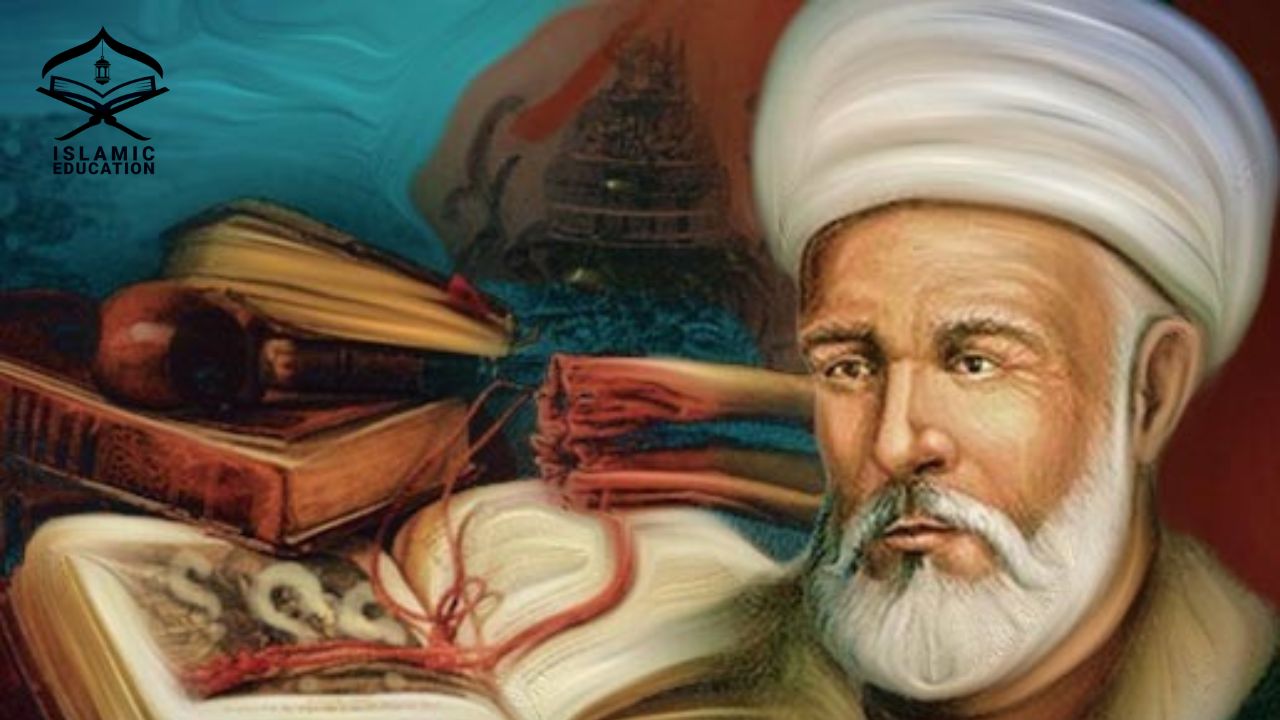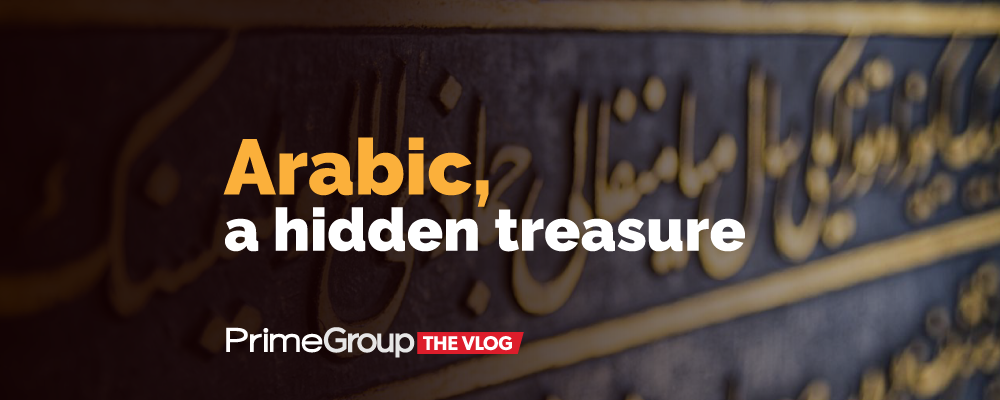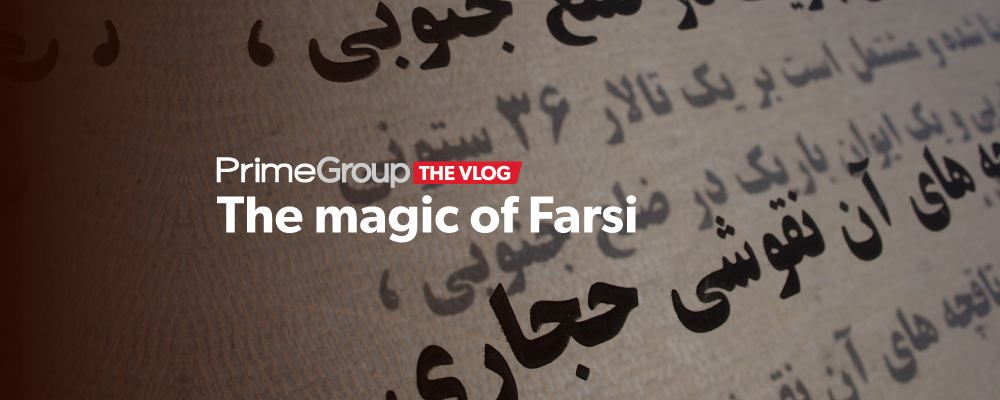Arabic is the fifth language in the world, spoken by almost 320 million people. However, Arabic barely manages to make its way outside of the 25 countries where it is official. There are few students few Arabists in the West, and what is worrying is that very little is translated from Arabic and into Arabic in relation to its importance.
What is the reason for this confinement of Arabic?
Did you know that if it had not been for Arabic, we would not have had modern science or knowledge from classical antiquity? We would not have accessed the advances of the civilizations of China and India? What would have happened to mathematics, what would have happened to philosophy, not to mention medicine.?

Yes, leaving aside the ignorance and arrogance of the West, the truth is that thanks to the Arab world, we could take a leap forward. And we owe that to a Spanish king, Alfonso X, called the Wise, who founded the Toledo School of Translators in the 12th century. This medieval institution dedicated itself to translating literary and scientific works from Arabic into Latin and Spanish. The translation and dissemination of the books of Al-Farabi, Avicenna, Averroes, and Al-Khwarizmi were vital in the Renaissance and in the advancement of culture and knowledge in Europe. In other words, without translating works written in Arabic, we would hardly have had Galileo or Newton, Descartes or Kant.

After that golden age, Arabic was pushed into a corner due to European political and territorial expansion and Christian crusades against the Muslim world. The religious fact also diminished the importance of Arabic in the West as this language was associated with Islam. In other words, if Arabic is studied, it is above all because it is the language of the Koran. The wars in the Middle East and the tragedy of September 11 changed the perception of Arabic in a good part of the world, unfairly associating it with warmongering and religious fundamentalism.
But there is another barrier that has prevented its worldwide popularity, and that is the fact that Arabic is far from being a unified language like English or Spanish. Arabic has multiple dialects that are so different that they can almost be considered languages. For example, Maghrebi Arabic prevents a speaker from Morocco from communicating fluently with a Jordanian who speaks Levantine Arabic, nor will he communicate with a Qatari who speaks Arabic from the Persian Gulf. They only understand each other if they have higher education and have knowledge of Modern Standard Arabic, which has little Modern, because, although there are current words, the truth is that a good part of the vocabulary and grammar comes from the Koran, written in the seventh century. As you know, the Koran is the sacred book in which Muhammad embodied the principles of the Islamic religion.
By the way, perhaps time to correct a widespread prejudice; Arabs are the inhabitants of the Arabian Peninsula, Algerian or Syrian; they are not ethnically Arabs. If we commonly speak of Arabs and the Arab world, we refer to people who speak Arabic or Arabic dialects. Imagine if we called Spanish o Spaniards only those who speak Spanish; I don’t think Mexicans would like it 😉
Going back to the Arabic language, I would say that if many Western students of Arabic barely pass the second year, it is because they realize that if they learn the Egyptian variety, the most popular, it is of no use to them if they want to practice their Arabic in Dubai, Algeria or Damascus. Being an Arabist has a lot of merits: Arabic has complex grammar, a huge vocabulary, and is written from right to left.
And what about the Arab students? Well, they don’t have it easy either because the books that are written in that Arabic they call Modern, which is actually classical Arabic, need phonetic signs to read it accurately. The Arabic alphabet is made up of 28 letters and uses diacritical marks called Tahskil to indicate vowels and the correct pronunciation of words. In other words, do you also have to know linguistics to study a particular subject in Arabic? Well, it seems so, but in reality, NO, because at the end of the day, that medical student from the University of Cairo uses books in English because it is easier for him and because there are not many Arabic medical books for sale since the market is too small. Then there is the issue of possible religious censorship in a medical book as it involves everything related to the human body.
In short, the translation volume into Arabic or from Arabic is really too small. According to data from The Economist, the book market in Arabic is only a quarter of the book market in Belgium, or look at this fact: in a single day, it is translated from English to Spanish, as much as it is translated in a whole year of English to Arabic.
Because whenever you want to translate into Arabic or record audio in Arabic, it takes work to agree. So there is always debate about which is the most appropriate variety to reach the most significant number of people. Many say that the Egyptian, others the Levantine, but then we would forget the Arabic of the Maghreb. In the end, if it is a movie, it is not dubbed but subtitled in classical (modern) Arabic.
Having said this, I want to pay tribute to a language that, perhaps because of its variety and complexity, is like an immense and lush garden. Yes, Arabic is an ancient language and highly cultured, with a solemn sound due to its guttural sounds and beautiful and poetic due to its rhetorical figures.



